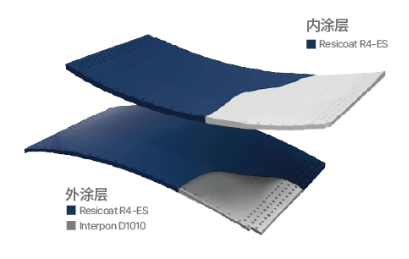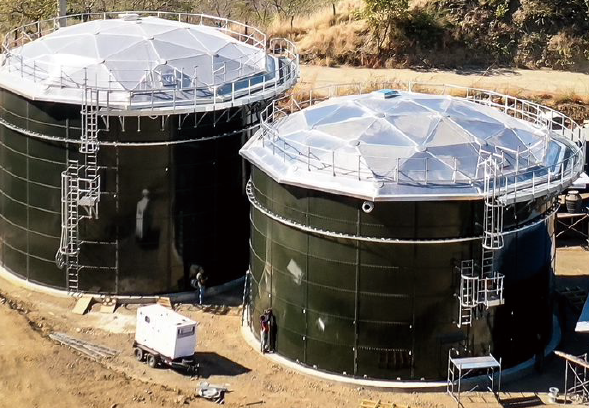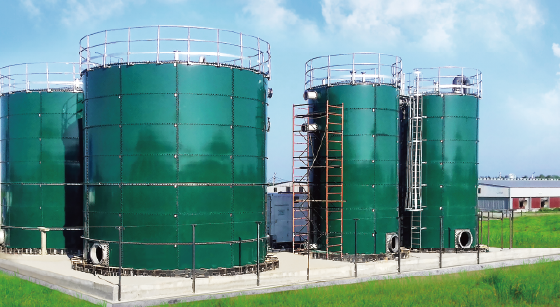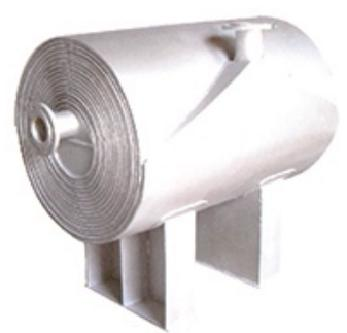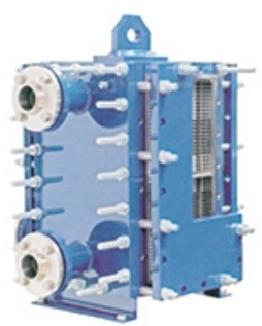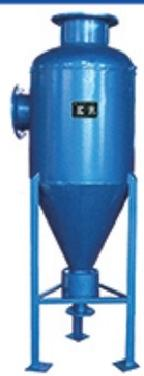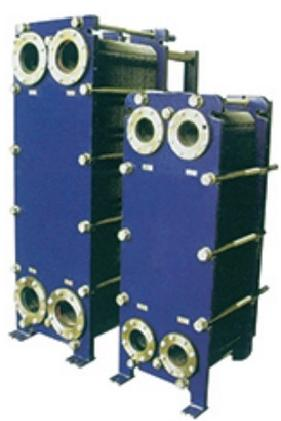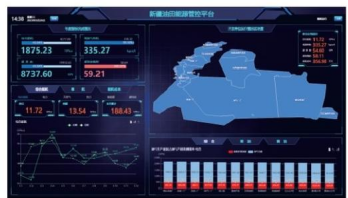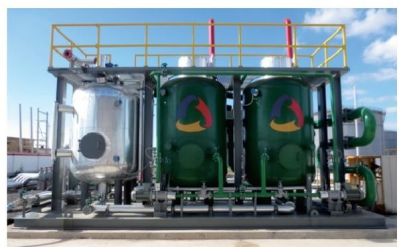Wedoany.com Report-Nov 20, BlackRock, Block, Ripple and Samsara have signed up for the Sustainable Aviation Buyers Alliance (SABA) after purchasing SAF certificates (SAFc’s) for supply delivered to Alaska Airlines, the transaction’s facilitator said Monday.
“The purchases, coordinated with the Sustainable Aviation Buyers Alliance, will add high-integrity sustainable aviation fuel directly to Alaska Airlines passenger flights, and the SAFc will be applied to the companies’ corporate footprints to compensate for business travel emissions”, Watershed said in a statement online.
The transaction is part of a $200 million SAFc commitment by corporate travelers that Watershed announced April 17, it said. That commitment involves the purchase of about 50 million gallons of SAF. Watershed serves as a SABA aggregator partner.
Diana Birkett Rakow, senior vice president of public affairs and sustainability at Alaska Airlines, said, “Investing in SAF alongside partners like Watershed, BlackRock, Ripple, Samsara, and Block helps us scale up use and provides critical demand signals for the market”.
“We see sustainable aviation fuel as a key pathway toward decarbonizing air travel, a vital global industry, and through collaboration with Watershed and SABA we are not only supporting the growth of SAF, but also empowering other companies to take similar meaningful steps in reducing their emissions footprint”, Ken Weber, vice president of social impact and sustainability at Ripple, said.
According to Watershed, “SAF purchased through the SABA transaction will achieve, on average, an 80 percent reduction in carbon intensity relative to conventional jet fuel”.
“While the industry is growing rapidly, SAF still makes up less than 0.5 percent of global jet fuel supply and today sells at a premium compared to fossil jet fuel”, it added.
“To scale and meet its full potential, the nascent SAF sector needs both market support—through strong corporate demand and investment—and robust infrastructure”.
In the United States, announced projects so far are expected to reach over three billion gallons of SAF in annual production by 2030, according to a recent study by the Department of Energy (DOE).
“This announced capacity correlates to over 10 percent of projected U.S. jet fuel demand, over $44 billion of investment, and over 70,000 jobs across the SAF value chain through 2030”, the DOE said in its “Pathways to Commercial Liftoff: Sustainable Aviation Fuel” report.
To achieve commercial deployment by the end of the decade, the SAF sector must accelerate the deployment of production technologies and feedstocks readily available now, according to the report. “In parallel, investments in next-generation SAF (e.g., next-generation feedstocks, innovative SAF technologies and pathways, etc.) are essential to meet 2050 targets”, the report stated.
As it stands, the biggest hurdle is cost, according to the report. “SAF currently costs 2-10 times more than fossil jet fuel, depending on the technology and pathway used to produce it”, the DOE said. Corporate buyers looking to offset their emissions may partly help, the department said.
“Airlines today operate with single-digit profit margins and cannot voluntarily afford the price premiums associated with SAF at scale”, the report said. “As a result, voluntary SAF demand has been short-term and low-volume. Structural challenges also persist in bringing SAF to airports for end-use, further limiting demand.
“Part of the price premium can be bought down by third parties: corporate offtakers looking to inset or offset their Scope 3 emissions, or airline passengers.
“However, book & claim systems – systems in which the fuel can be separated from its environmental attribute to create a standalone certificate or SAFc that represents the fuel’s carbon abatement – are not universally accepted, which limits corporates’ demand for SAF”.
SABA aims to help bridge that abatement integrity gap. It works “to develop a rigorous, transparent system that expands opportunities to invest in high-integrity SAF to all businesses and organizations interested in reducing the climate impacts of flying”, according to the alliance.
